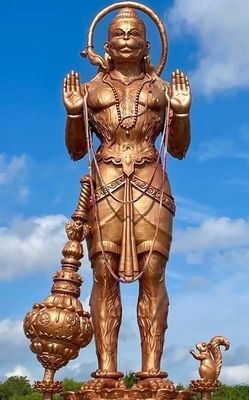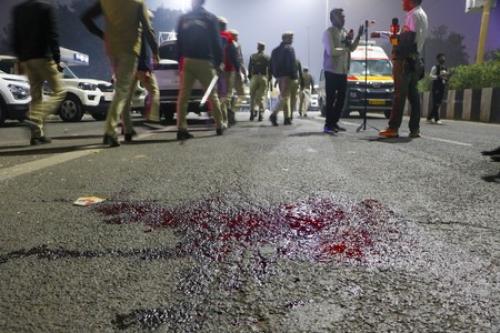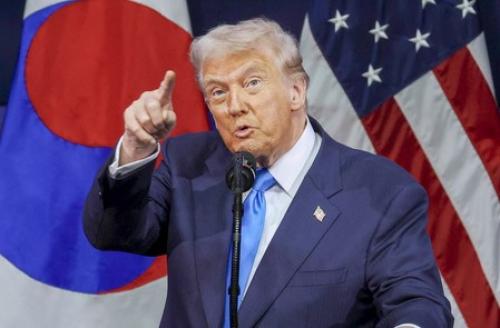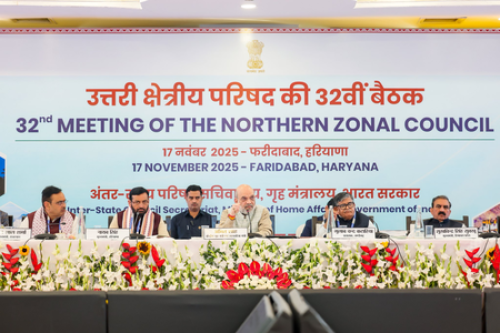India Tribune Newsdesk
Chicago: A fresh controversy has erupted in Texas after Republican Senate candidate Alexander Duncan sparked outrage with his comments on a newly built 90-foot statue of Lord Hanuman. The monument, called the “Statue of Union,” was inaugurated in August 2024 at the Sri Ashtalakshmi Temple and is the tallest Hanuman statue in North America.
Posting a video of the statue online, Duncan wrote: “Why are we allowing a false statue of a false Hindu God to be here in Texas? We are a Christian nation!” He followed the message with another post quoting the Bible: “You must not have any other god but me. You must not make for yourself an idol of any kind or an image of anything in the heavens or on the earth or in the sea.”
The statement immediately drew condemnation from Indian-American groups and the Hindu American Foundation (HAF), which called his remarks “anti-Hindu and inflammatory.” In a pointed response directed at Texas Republicans, HAF questioned whether Duncan’s comments violated the party’s own principles against discrimination and reminded them that the U.S. Constitution’s Establishment Clause prohibits government endorsement of any particular religion.
For many Indian-Americans, Duncan’s comments deepened a sense of alienation already stirred by previous remarks from Trump administration figures. Just last month, Peter Navarro, a close aide to Donald Trump, was criticized after claiming that Indian “Brahmins” were profiting at the expense of the people. Those remarks were widely condemned as racist and casteist. Against this backdrop, Duncan’s comments have fueled concerns about growing hostility toward Hindu and Indian-American communities.
The Hanuman statue itself has been the subject of controversy since its unveiling. Conservative voices online have targeted it with ridicule, with some branding it “demonic” and others mocking its half-human, half-monkey form. A Newsweek headline describing the statue as a “huge half-monkey, half-human” monument was denounced by Hindu groups as disrespectful. Some MAGA supporters even compared the statue to George Floyd, whose 2021 death at the hands of police triggered global protests.
Among the critics of Duncan’s remarks was U.S.-based entrepreneur Tapesh Yadav, who expressed concern as a lifelong Republican voter. He argued that Duncan’s comments conflicted with the Texas GOP’s stated principles of “freedom” and “opportunity for all.” Many within the Indian-American community fear that such rhetoric undermines the party’s outreach to immigrant groups and religious minorities.
Duncan, however, appears unmoved by the backlash. A deeply conservative figure, he has built his Senate campaign on pledges to defend Christian values, secure the U.S. border, resist what he calls “endless foreign wars,” and protect the Second Amendment without compromise. A former police officer with 13 years of service, Duncan often cites his Christian faith as central to his political mission, claiming that his life changed after he “surrendered to God.”
Originally from California, Duncan relocated to Texas with his family, arguing that California’s liberal politics were hostile to faith and freedom. His campaign website describes Texas as the “last great stronghold of liberty.” Yet his remarks about the Hanuman statue have drawn sharp criticism, suggesting that his brand of conservatism may struggle to appeal to a diverse electorate in an increasingly multicultural state.












